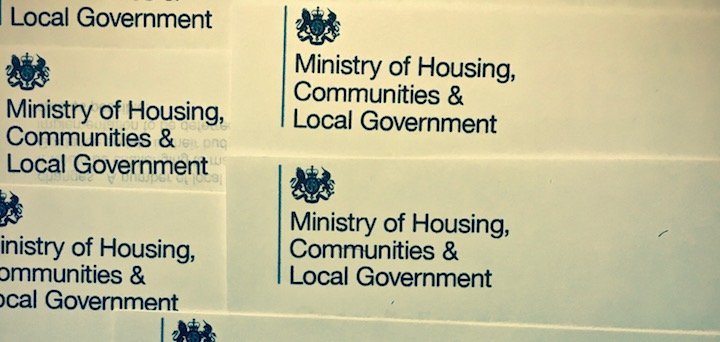Speaking at Room151’s annual conference, MHCLG’s head of local government finance unit raises concerns over excessive calls for accounting standards exemptions and authorities who ‘ignore the guidance’ on borrowing to invest.
Local authorities need to think carefully before asking for any more statutory overrides of accounting standards, a senior government official has warned.
Speaking to Room151’s Local Authority Treasury Investment Forum, head of the local government finance unit at the MHCLG Gareth Caller also urged councils to respond to the consultation on IFRS9, which closes this week.
He said that the department would continue to consider similar requests in future, but was reluctant to provide them as a matter of principle.
“Every time we do it, it makes local authority accounts less transparent to people who don’t understand local accounting and less comparable to accounts of entities in any other sector, Caller said.
He cited a report from the International Monetary Fund from two years ago which had concluded UK public accounting was strong apart from “one glaring weakness” – a lack of transparency in financial accounting.
Caller added that local government would weaken its reputation in the eyes of ministers if their default response to problematic accounting standards was to call for a statutory override.
He said: “Every time a local authority says either we have an accounting error and we need mitigation, or we don’t like the impact of this accounting standard and need mitigation, it creates an impression in ministers minds that local authorities are happy to take risks but as soon as those risks come up with an answer they don’t like they expect government to nationalise the consequences of that risk.
“That is fine in isolation but when you have a constant stream of requests for statutory overrides there is a risk that it creates a perception of a sector who can’t be relied upon in terms of sound financial management.
“That is not where we are but it is not somewhere I would ever want to get to. It is worth stressing the point that it is another huge risk for the sector.”
Caller also said that the government would continue to monitor the ongoing impact of the investment framework, which was updated at the start of the year to ensure councils are transparent about their investments, particularly in commercial property.
He said: “I think it will be no surprise to anyone in the room that we are monitoring the impact of the updated framework and will be continue to do so. We want to understand how effective the changes are in practice.”
Officials would examine annual investment strategies as they are published, in addition to monitoring how local authority borrowing is changing and what sort of projects councils are funding through borrowing.
He said: “MHCLG is responsible for control framework risk and parliament will hold us accountable if it is not fit for purpose.”
He said that authorities would ignore the revised guidance at their peril.
“There is risk for the sector here, to be blunt,” he said. “
“If there are a few local authorities who chose to ignore guidance, or interpret it in a way that is clearly not what ministers intended when they updated it, we will consider whether we need to make further changes.”













